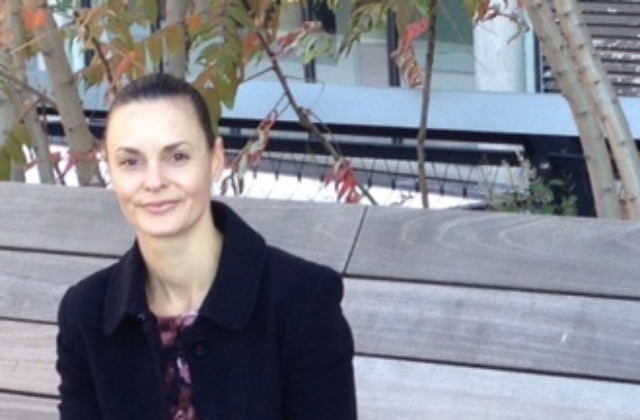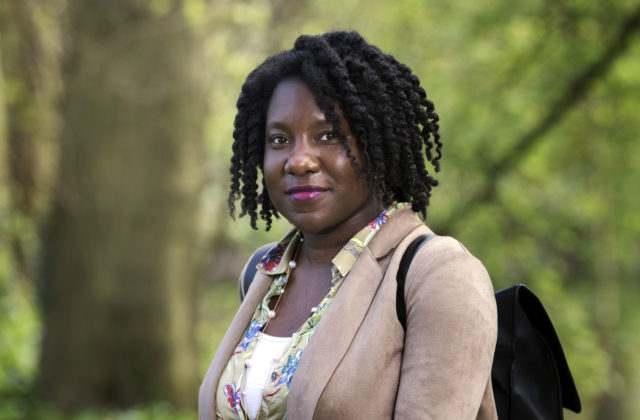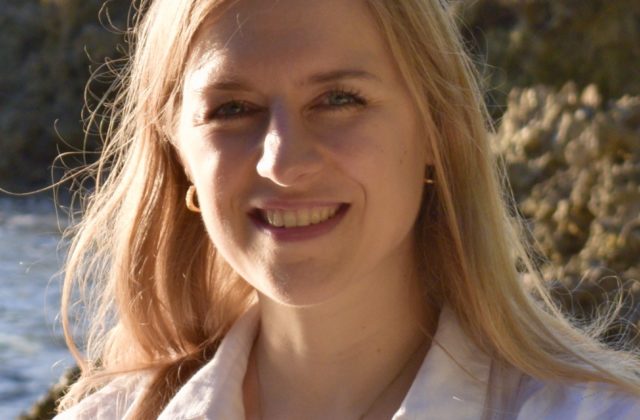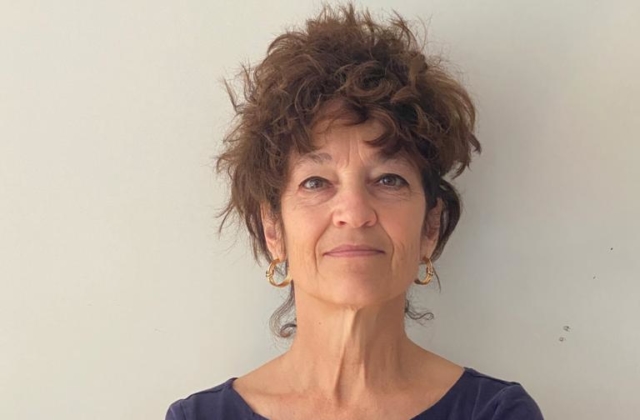
Legal Mobilization: Analyzing Law-Based Advocacy
Year Group 2020/21
Dr. Jeff Handmaker of the International Institute of Social Studies (ISS) will lead this theme group that also involves NIAS Fellows Dr. Jackie Dugard (University of the Witwatersrand), Daphina Misiedjan (also at the ISS), Dr. Frederiek de Vlaming (University of Amsterdam) and Margarethe Wewerinke-Singh (Grotius Centre for International Legal Studies, Leiden University). Our specific research projects are specified below.
Legal mobilization vs. Lawfare
In this group, we explore legal mobilization as a legitimate form of law-based, and mostly rights-based civic advocacy. Drawing on different case studies of legal mobilization and ways of studying it, we will explain why strategic thinking is essential to realizing social justice and political equality, both in national and transnational settings.
A compelling example of legal mobilisation was documented in Mazibuko Water Rights Journey, a documentary film that was produced by NIAS fellow Jackie Dugard with the Centre for Applied Legal Studies and funded by the Dutch HIVOS Foundation. See part 1; part 2; part 3; part 4 and part 5.
Legal mobilization, we argue, should be contrasted with lawfare, whereby companies, as well as liberal and authoritarian regimes, some adopting an ethno-nationalist positioning, have engaged in state capture of democratic institutions, victimized and attempted to bankrupt social justice advocates and organizations and have otherwise instrumentalized the rule of law in an illegitimate manner.
An example of lawfare includes Strategic Litigation Against Public Participation or “SLAPP” suits, including lawsuits directed against the environmental group Greenpeace regarding their advocacy on the Dakota Pipeline in the USA.
Interdisciplinary
Drawing on legal, sociological and socio-legal concepts and methodological approaches, we adopt a critical relationship between law and other fields and disciplines. In addition to the interdisciplinary fields of socio-legal studies and in particular legal anthropology, legal sociology and legal pluralism, we incorporate a methodological approach to public policy that explores the embeddedness of law, governance and development and a consequent failure to learn from rule of law interventions. Legal mobilization research concerns law-based interventions in developing and/or transitional justice countries as well as in relation to development issues, both in the global north and transnationally.

Contribution to Existing Research
Evaluating the potential of legal mobilization has been under-studied, particularly in relation to its socially transformative character and lacks coherence as a research area. The research in this area tends to be divided between three main strands.
The first strand of research on social movements and law-based advocacy includes Lisa Vanhala’s extensive and ground-breaking work, with particular attention to disability rights, climate change and other social concerns. Vanhala’s research on legal opportunity structures draws on social movement theory, which recognizes shifts in the balance of political power, whereby the potential of legal mobilization can transform marginalized or weak groups into formidable political movements. In this research strand, we also recognise the longstanding work of Michael McCann, who similarly regards litigation as a strategy. He has argued how it is important to study how litigation interacts with other strategies, and in particular how law frames the politics of social movements and he has urged socio-legal scholars to move beyond a narrow focus on judicial elites and work towards a better understanding of the role of citizens as legal agents.
The second strand of existing research on justifying and managing legal mobilization reviews how legal mobilization is justified and managed, including foundational work by Sarat and Scheingold (1998) on cause lawyering that was revisited and updated in 2005 and more recent work, such as Jason Brickhill’s (2018) edited collection of public interest litigation narratives in South Africa and Dugard, Handmaker and Klaaren’s Special Issue on Public Interest Litigation in South Africa in the South African Journal on Human Rights.
A third strand of existing research takes a political ecology approach that is highly critical of law’s jurisprudential value. Studies regard law and legal process as a strategic means for regulating relationships between different stakeholders in environmental disputes (Fay 2013) or as a subject of micro-study (Scheffer 2005).
Building on this existing literature, though adopting different entry-points, through this NIAS theme group we aim to provide a more coherent picture of legal mobilization research.
Five Individual Research Projects
The research projects in this NIAS theme group address diverse topics, including economic and social rights protection, international criminal justice, environmental protection and water security. All of us have to one extent or another a background in legal practice and are networked with a large number of legal mobilization organizations. Accordingly, we will pursue a grounded, interdisciplinary and comparative approach to study legal mobilization in our individual research projects.
Dr. Jeff Handmaker, a legal sociologist at the International Institute of Social Studies of Erasmus University Rotterdam who leads this NIAS theme group will focus his individual research project on Assessing the Strategic Potential and Limits of Legal Mobilization.
Further, Dr. Jackie Dugard, a law and sociology scholar at the University of the Witwatersrand will focus her individual research at NIAS on Legal mobilization to challenge water apartheid: A comparison of the case of Soweto in South Africa with the (related) cases of Detroit and Flint in the United States of America (USA), drawing on her considerable expertise and scholarly perspectives on socio-economic rights advocacy.
Human rights specialist Dr. Daphina Misiedjan will focus on current developments around rights of Nature in her NIAS project on Legal Mobilization, Rights of Nature and Changing the Status Quo through Earth Jurisprudence.
Dr. Margaretha Wewerinke-Singh, an international law scholar in the Grotius Centre for International Legal Studies at Leiden University and Attorney at Blue Ocean Law, who has been leading a 4-year project on climate justice through the courts will focus her individual research at NIAS on Legal Mobilisation Revisited: Analysing Human Rights Litigation for Climate Justice.
Finally, comparative criminal law specialist Dr. Frederiek de Vlaming who is based at the Amsterdam Centre for International Law and the Nuhanovic Foundation will focus her individual NIAS research project on a case study of The Impact of Litigating Breaches of International (Humanitarian) Law on Truth and Rehabilitation of Victims.
Themegroup participants
-

-

-
 Theme Group
Theme GroupWhy do adults change their beliefs?
-





